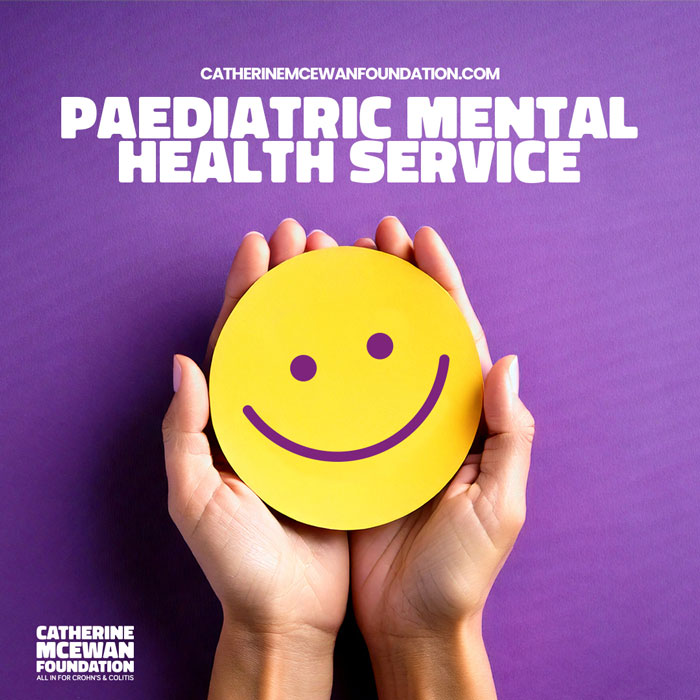
Doctorate in Clinical Psychology; PhD, Department of Psychiatry, Psychosis Research; MA (Hons) Psychology
Dr. Marie-Claire Whyte is a Clinical Psychologist registered with the Health and Care Professions Council (HCPC) who has over 16 years experience working with children and young adults who have mental health challenges.
She worked for many years within the NHS in Paediatric Clinical Psychology in Glasgow and Lanarkshire, and in CAMHS, and has a passion for supporting children and young people with more general emotional difficulties, as well as those with chronic or acute health conditions, which can significantly impact their wellbeing and quality of life.
Marie-Claire offers assessment and evidence based psychological interventions, including anxiety, low mood and depression, grief and loss around transitions, eating issues and other self-harm, and post trauma presentations. She understands that young people function within their family unit, so she includes the family in the therapeutic process where appropriate. She uses several models for support including cognitive behavioural (thinking and doing), inter-personal and attachment (relationships), and compassion focused.
She has specific training in Cognitive Behavioural Therapy (CBT); Trauma Focused CBT; Acceptance and Commitment Therapy (ACT), Eye Movement Desensitisation and Reprocessing (EMDR) and Interpersonal Psychotherapy (IPT).
Marie-Claire provides a comforting, safe and reflective space to allow people to start to think about, explore and understand their difficulties, in the context of their values, experiences and relationships. She hopes to bring a collaborative, solution focused, and strengths-based approach to a formulation of what has been, how it impacts now, what is keeping the problem going, and any positive resources to cope and enable change. She views the therapeutic relationship as the foundation to this understanding and change.
We are excited to have Marie-Claire in our Catherine McEwan Foundation Family
